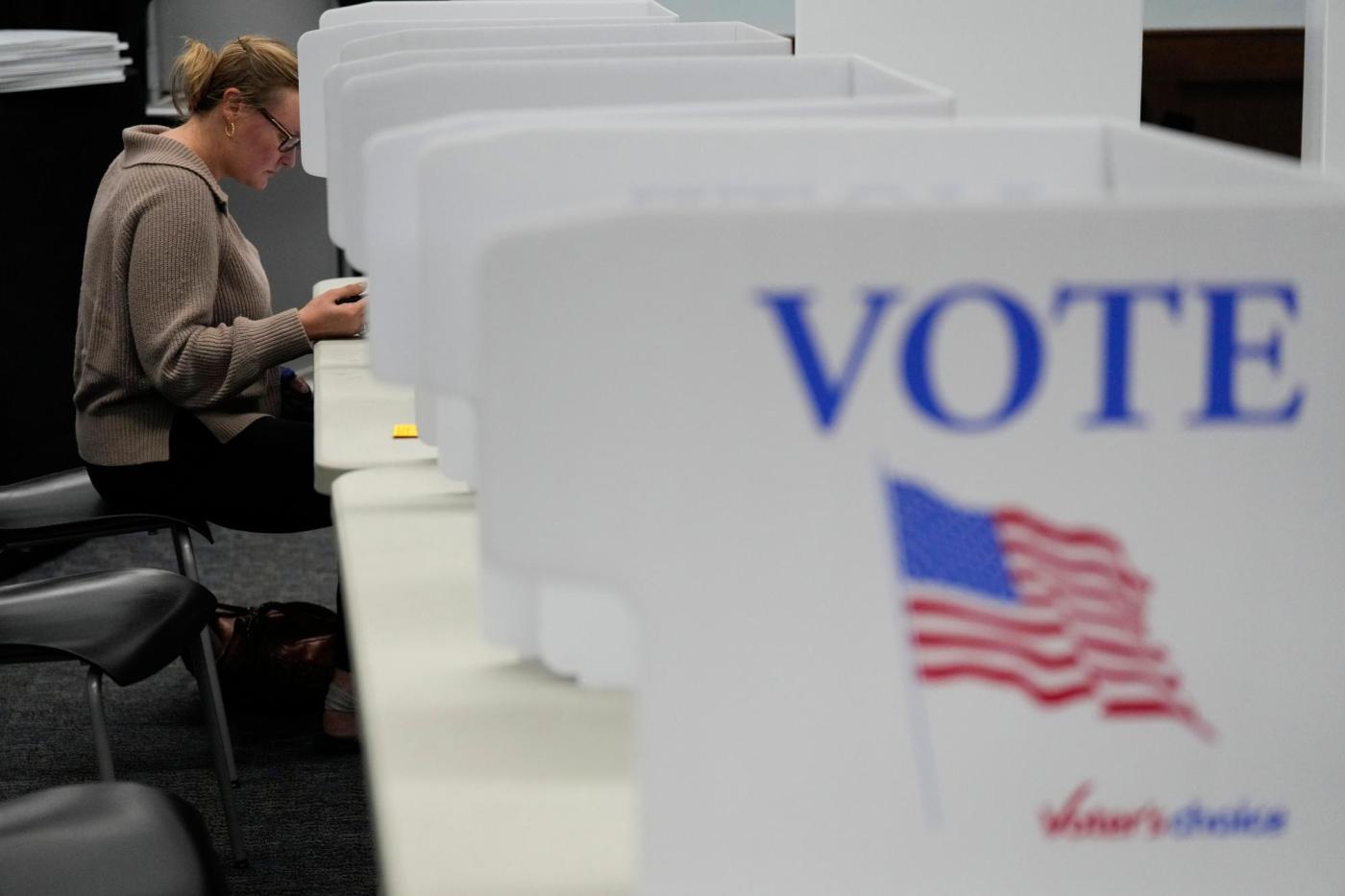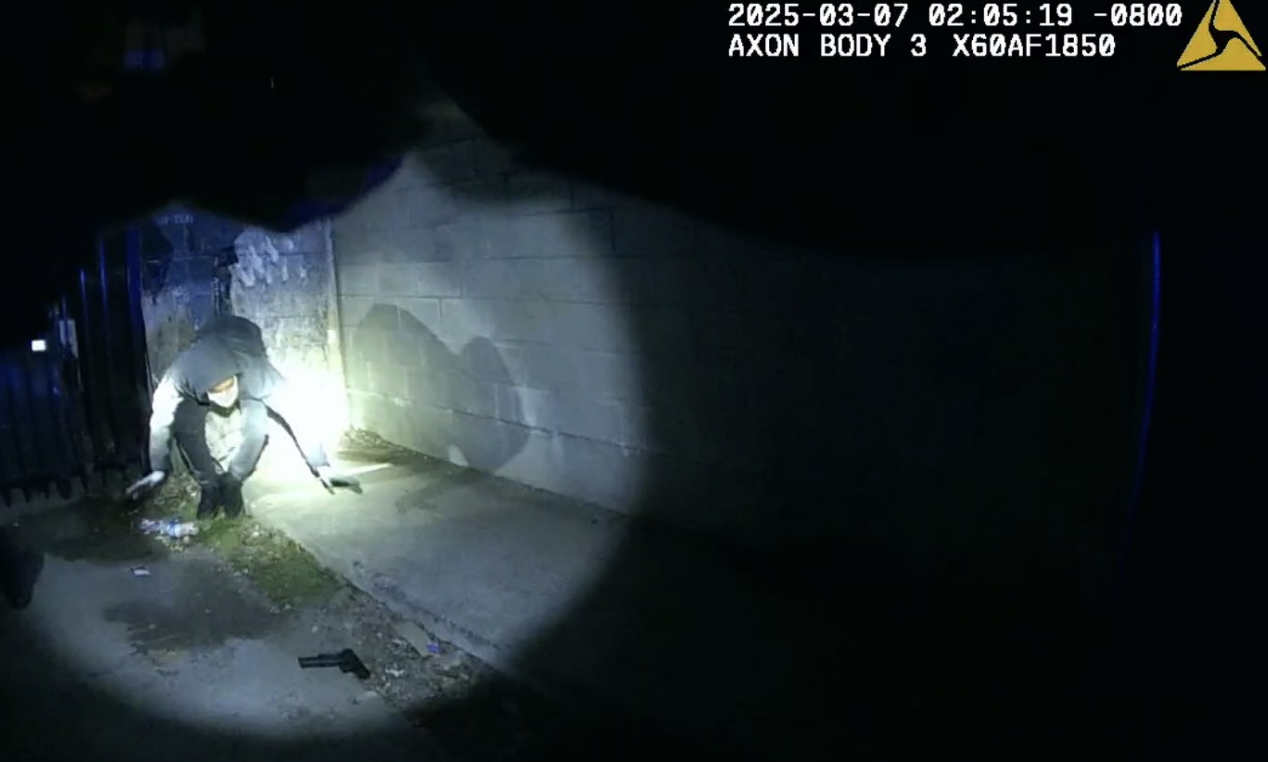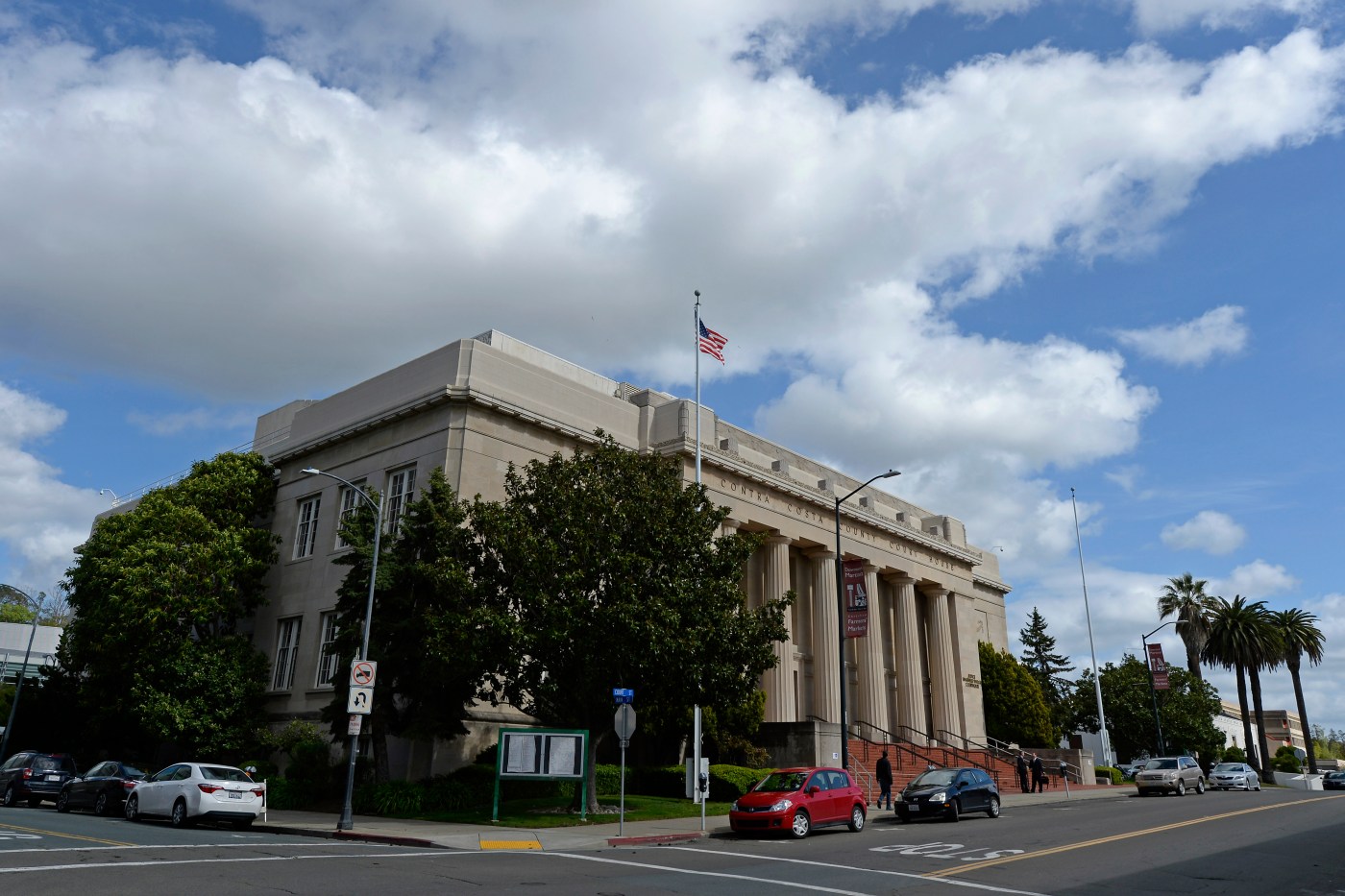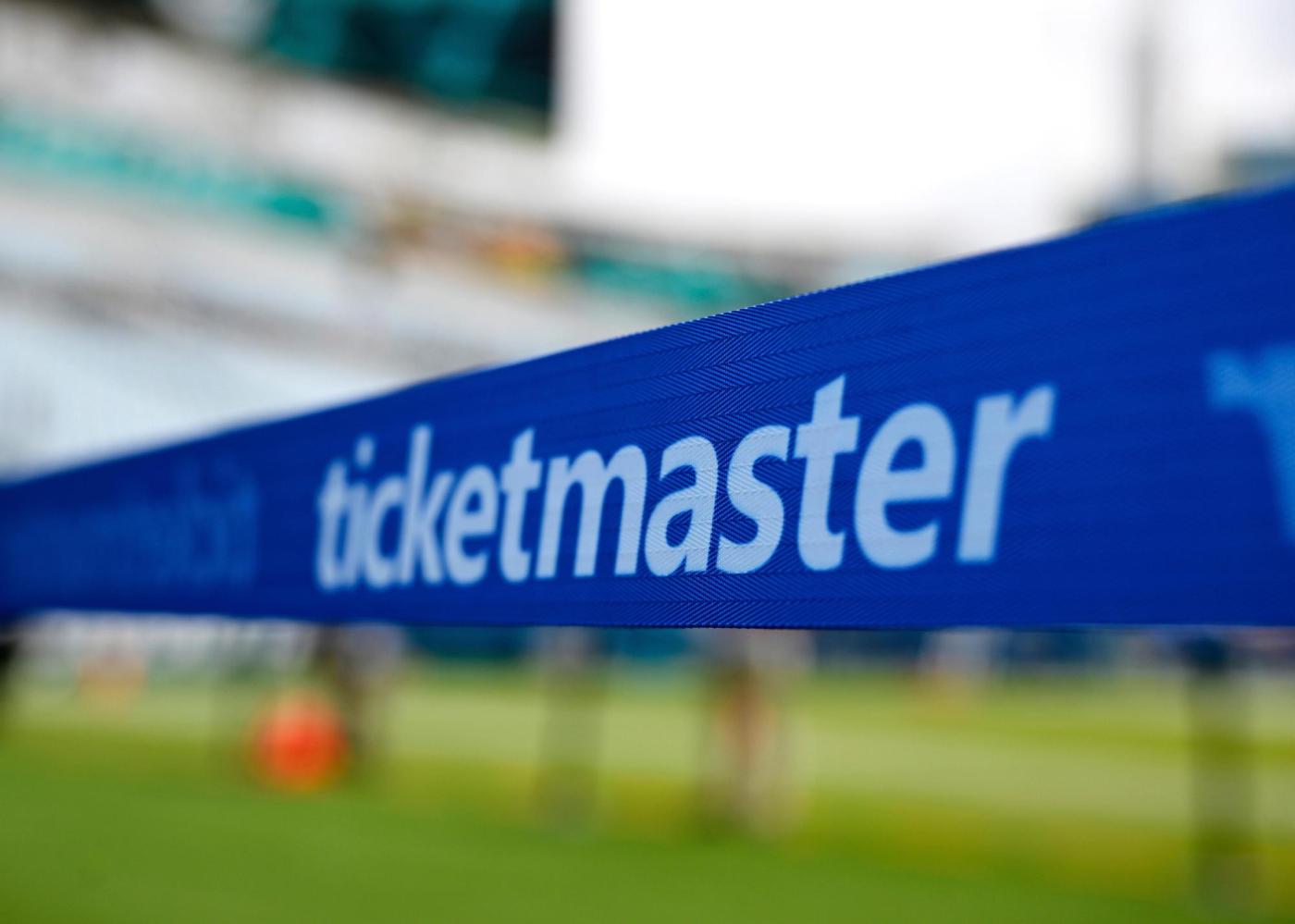By GARY FIELDS, Associated Press
WASHINGTON (AP) — A federal appeals court panel on Monday ruled that private individuals and organizations cannot bring voting rights cases under a section of the law that allows others to assist voters who are blind, disabled or unable to read.
It’s the latest ruling from the St. Louis-based 8th Circuit Court of Appeals, saying only the government can bring lawsuits alleging violations of the Voting Rights Act. The findings upend decades of precedent and will likely be headed to the U.S. Supreme Court.
The case centered on whether an Arkansas state law that limits how many voters can be assisted by one person conflicts with Section 208 of the landmark federal law.
The opinion from the three-judge panel followed the reasoning of another 8th Circuit panel in a previous case from 2023. That opinion held that the Arkansas State Conference NAACP and the Arkansas Public Policy Conference could not bring cases under Section 2 of the Voting Rights Act.
“Like the provision at issue in Arkansas State Conference, we conclude the text and structure of (Section) 208 do not create a private right of action,” said the decision written by Judge L. Steven Grasz, a nominee of President Donald Trump. “Likewise, we conclude no private right of action is created by the Supremacy Clause.”
Related Articles
Eve Jobs’ wedding guests included Kamala Harris, an oligarch’s daughter
Trump is getting the world economy he wants — but the risk to growth could spoil his victory lap
Trump seeks quick Murdoch deposition in Wall Street Journal lawsuit over Epstein story
Judge blocks Trump administration’s efforts to defund Planned Parenthood
Here’s how a major Mexican tomato exporter is affected by Trump’s 17% tariff
In the previous case, the district court judge said he could not reach an opinion on the merits because the plaintiffs did not have standing under Section 2 and gave the Justice Department five days to join the case. The circuit court panel agreed with his reasoning in a 2-1 decision.
The 8th Circuit, which covers Arkansas, Iowa, Minnesota, Missouri, Nebraska, North Dakota and South Dakota, has issued three rulings holding that individuals and private entities don’t have standing to bring challenges against voting laws. The other came in May in a lawsuit over North Dakota redistricting.
In that case, the Spirit Lake Tribe and Turtle Mountain Band of Chippewa Indians, with reservations 60 miles apart, argued that the state’s 2021 legislative map violated the Voting Rights Act by diluting their voting strength and ability to elect their own candidates.
The appeals court ruled in a 2-1 decision that only the U.S. Department of Justice could bring such lawsuits, and the full circuit declined to take up the case. The U.S. Supreme Court blocked the ruling last week while it decides whether to hear the case.
The Justice Department declined to comment on whether it would be intervening in the Arkansas case. It earlier declined to comment on the case involving the two North Dakota tribes.
The Mexican American Legal Defense Fund, which is representing the plaintiffs in the lawsuit revolving around voters with disabilities, declined to comment on Monday’s ruling.
Sophia Lin Lakin, director of the Voting Rights Project for the ACLU, said she wasn’t surprised by the ruling given the decisions in the earlier cases.
“I think it’s important to keep focus on the fact that the 8th Circuit’s decisions are radical and completely at odds with decades of precedent, including from the Supreme Court itself, as well as the text, history and purpose of the Voting Rights Act,” said Lakin, who was one of the attorneys in the initial Arkansas State Conference case. “Private litigants have been the engine of enforcement of the Voting Rights Act for sixty years.”
Section 2 is considered one of the more consequential parts of the Voting Rights Act that remains intact, after a 2013 Supreme Court decision removed Section 5. That section required that all or parts of 15 states with a history of discrimination in voting get approval from the federal government before changing their voting and election laws.





